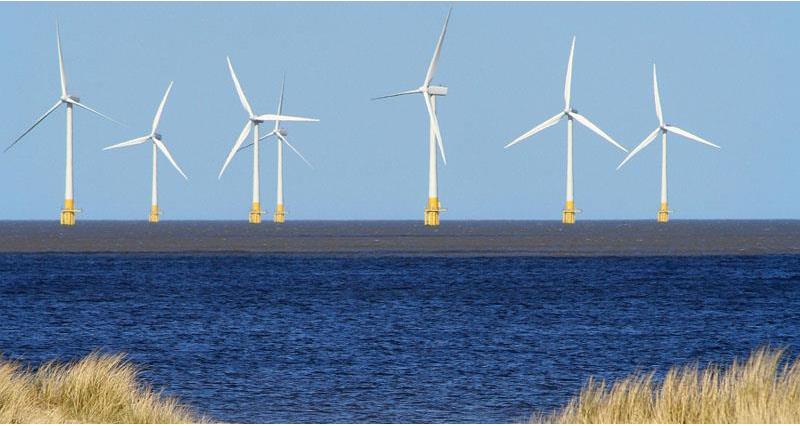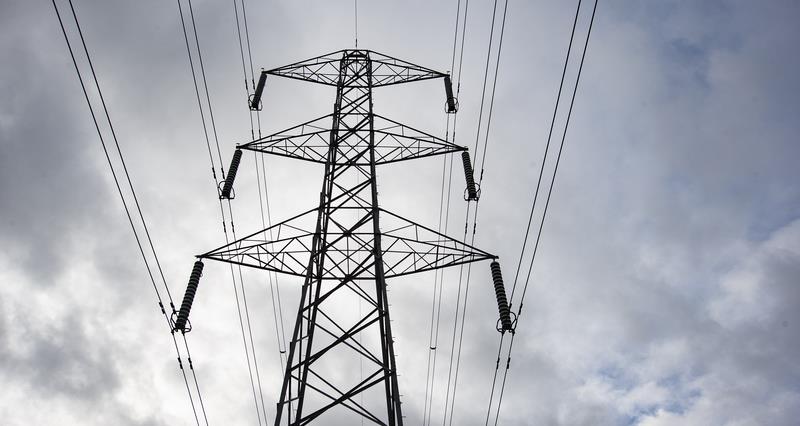Given the importance of tackling climate change, the impacts of which have been experienced recently by many farmers and growers, the NFU welcomes the ambitious goals that have been set for solar and wind power but calls on the government and National Grid to minimise the impact of connecting this vital offshore wind generation resource to consumers across the UK.
In our NFU election manifesto, we called for a coordinated offshore electricity transmission network that would connect offshore wind farms with a coastal ‘ring main’, enabling undersea cables to come onto land at a reduced number of locations.
In the short term, as well as the longer term, we should minimise the need for multiple underground transmission lines connecting individual offshore wind farms, which can have a significant impact on farmland and farming, notably in East Anglia.
Energy and food security must work hand in hand, and together reduce environmental impacts, with farmers at the forefront of consultation and negotiation on overhead or underground power lines that may disrupt day-to-day agricultural operations.
Strategic approach
Farmers understand the need for improved grid connectivity to enable their own businesses to become more self-sufficient in energy, but a more strategic approach to connecting offshore wind farms, such as the ‘multi-purpose interconnectors’ recommended by the Offshore Transmission Network Review, would be our strong preference.
Responding to the news, NFU Vice President Rachel Hallos said: “We welcome the opportunities this unique partnership brings, alongside the challenge of connecting offshore wind generation with electricity consumers across the country.
“It’s important, though, that a coordinated plan for the future electricity grid should include a coastal ring main to minimise the need for multiple transmission lines which have a huge negative impact on farms, such as we are seeing in East Anglia.”



